Blog Posts
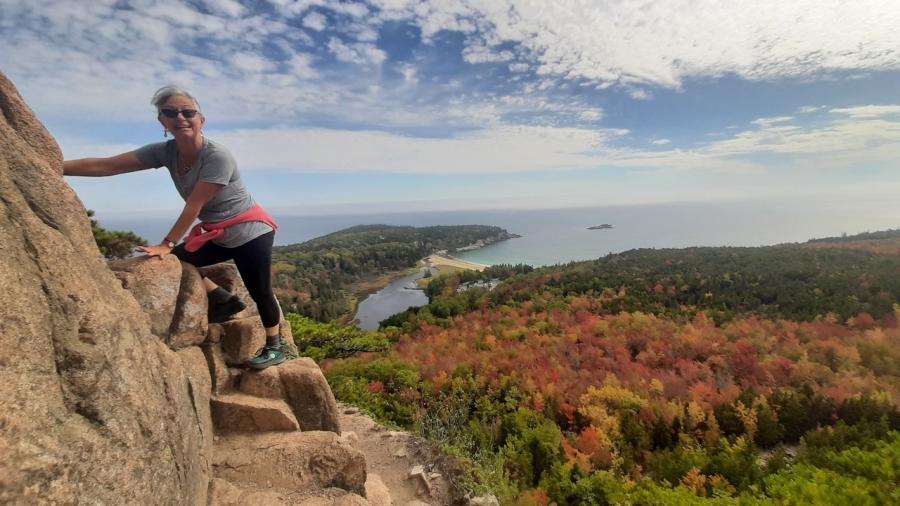
Slowing down has long been an essential part of my spiritual practice–and yet it’s the most challenging. Why? I am an extravert who loves connecting with people. Plus I have an active body/mind which gets revved up by our fast-paced, razzle-dazzle society, which seems intent on keeping me distracted. These formidable conditions make living a quiet, calm, contemplative spiritual life so very difficult. I am often left exhausted and overwhelmed by work, meet-ups, coffees, and events, and tired of trying to cope. A number of years ago, I finally decided that if I am to get closer to God, I would need to make a radical change.
If you think back to the first year of the pandemic and lockdown, you might remember that people kept saying that we live in crazy times. And in many ways, it continues to feel we’re living in a new normal in our schools, our workplaces, our socializing, and our common worship spaces. Does that mean we are still experiencing craziness? What can we think about that? We turned to Mother Christophora, longtime abbess at Holy Transfiguration Monastery in Ellwood City, Pennsylvania, for her view, excerpted from a longer post-paschal meditation:
If people see our time… as a crazy time, what do they actually mean?
…Indeed, we have much to grieve,
Much to regret,
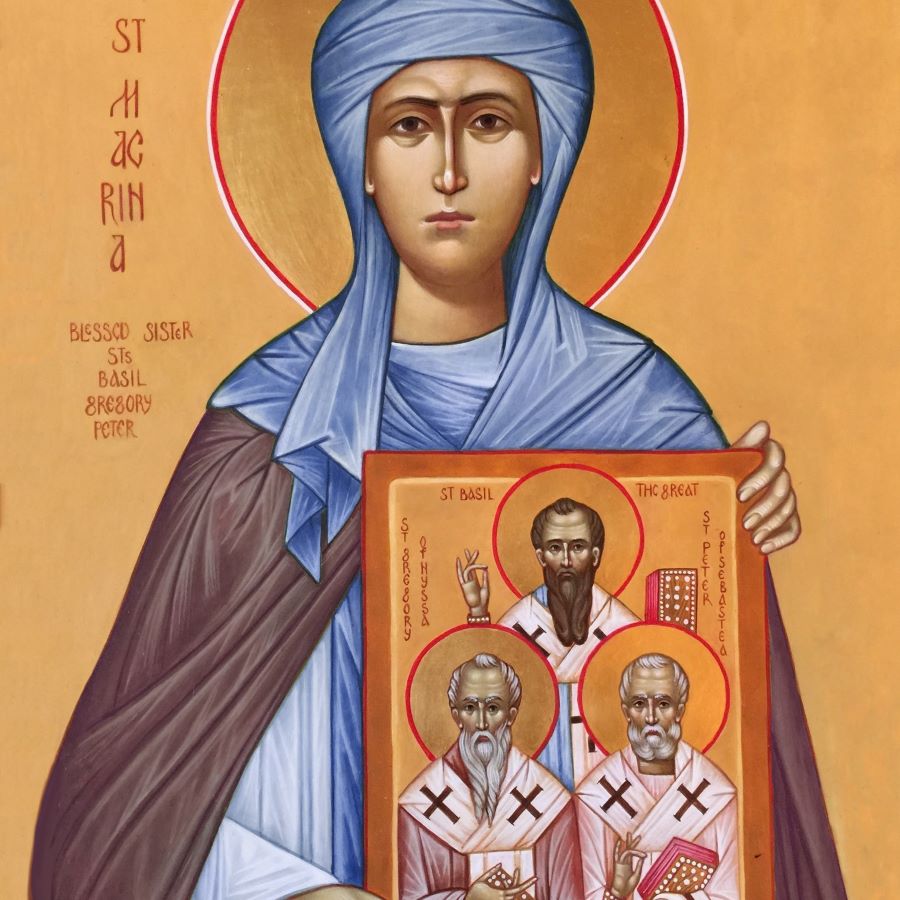
St. Macrina was revered in her own time for many reasons. She taught her brothers the virtues and wisdom that helped them, in their turn to become saints, she talked her mother into freeing her slaves and servants allowing them to enter the monastery as her sisters, and she worked hard always to be a source of spiritual support to everyone around her. She trusted in Christ so deeply that this was her final prayer:
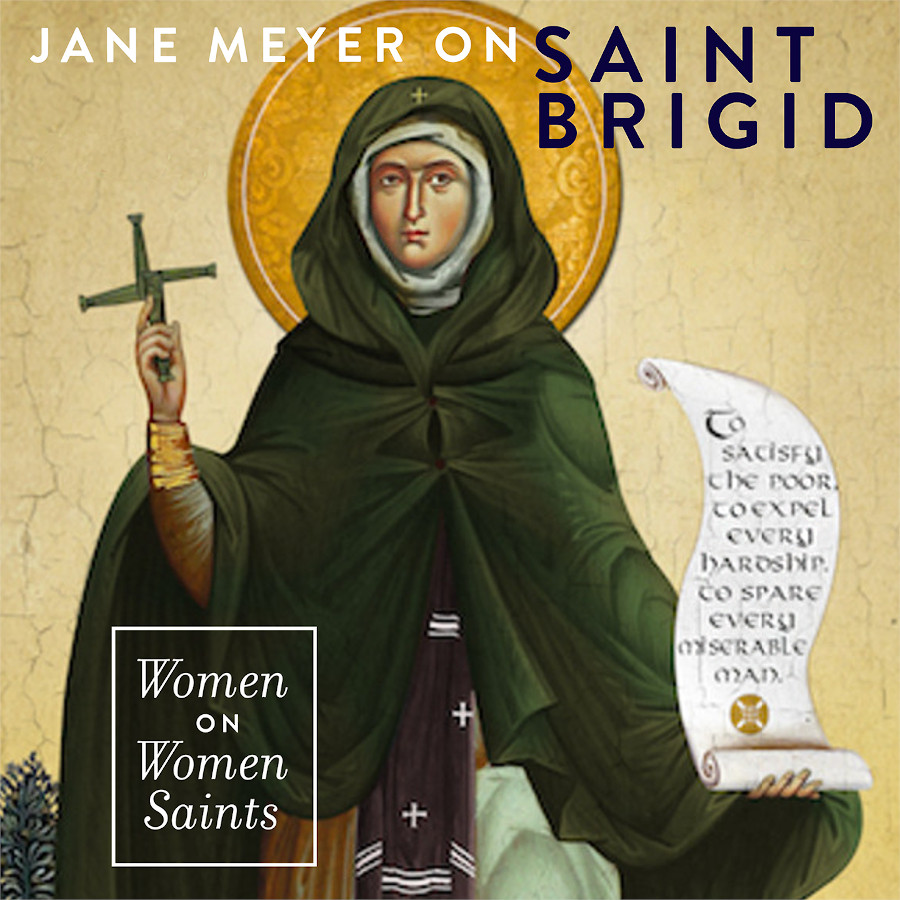
Long ago I moved from busy Santa Monica, California, so filled with all the things associated with Hollywood and fame—money; divorce; drugs; fashion; arrogance... to Europe. I was only nineteen and just a few years from having quit my full-time job of being a young gymnast. I landed in a small Italian village, where the family I lived with had their own small hillside vineyard, ate lunches together in their tiny orange kitchen, made a supply of rye bread to last the year, and hunted, kept cows, sang, roasted chestnuts, and really knew how be at home in the mountains. It was like I breathed fresh air for the first time in my life. Doing things slowly, savoring friends and family. Staring at the stars.
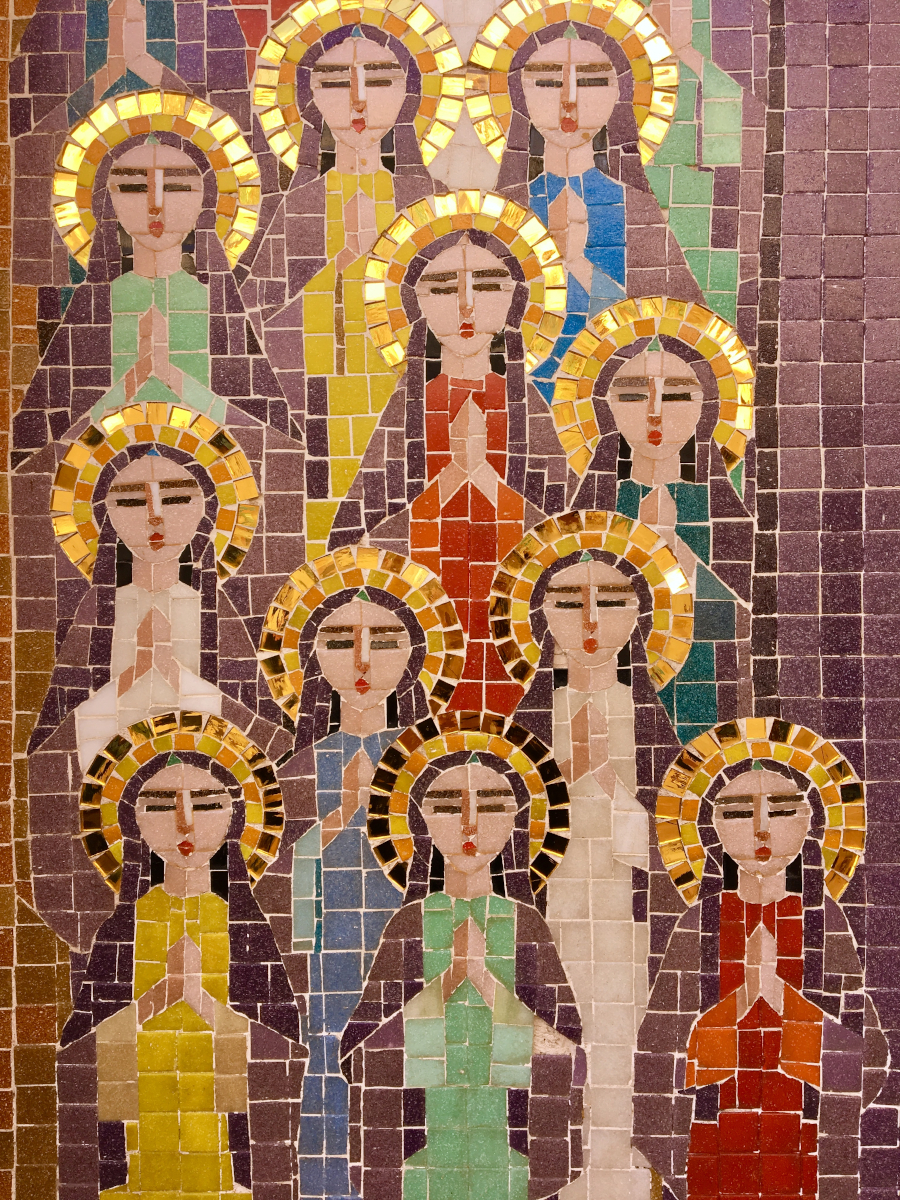
We walk in the company of the women who have gone before, mothers of the faith both named and unnamed, testifying with ferocity and faith to the Spirit of wisdom and healing.
They are the judges, the prophets, the martyrs, the warriors, poets, lovers, and saints who are near to us in the shadow of awareness, in the crevices of memory, in the landscape of our dreams.
We walk in the company of Deborah,who judged the Israelites with authority and strength.
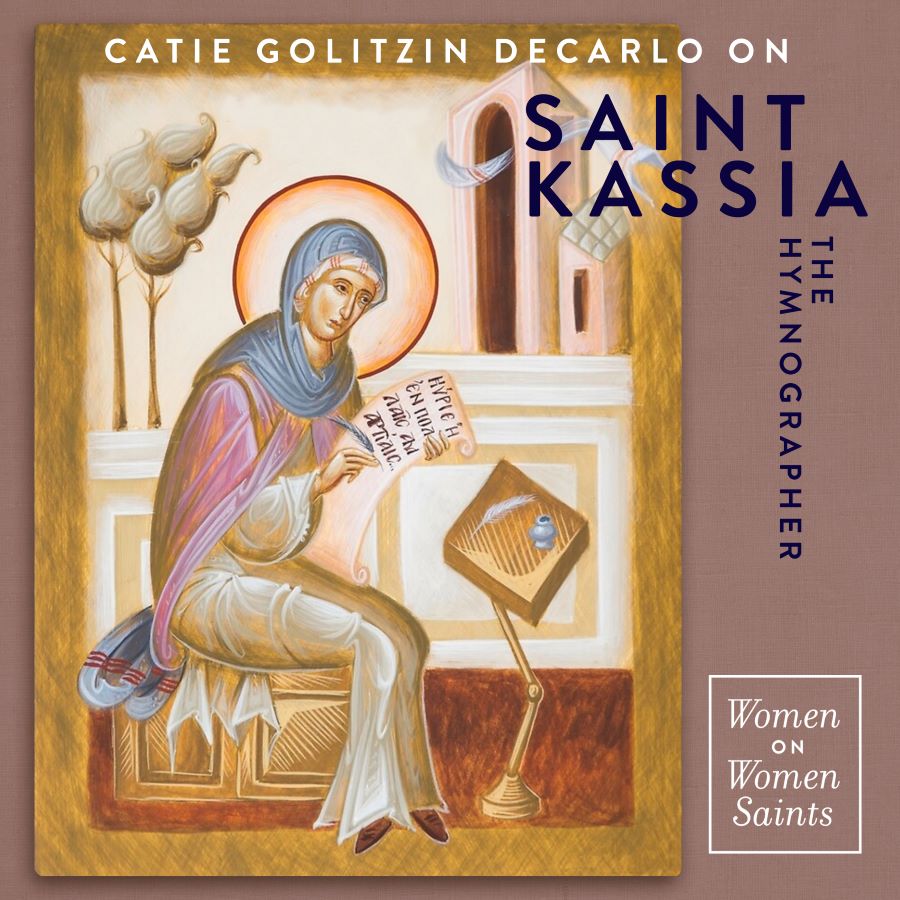
Have you heard of St. Kassia the Hymnographer?* I first became acquainted with her as a young child during Holy Week, when I heard the Hymn of Kassia (“The woman who had fallen into many sins, O Lord…”). Later, I saw her icon hanging behind the kliros next to that of St. Romanos the Melodist, but it was years before I knew more about her life. In the amazing book Seven Holy Women, I read of a remarkable woman who showed true boldness and brilliance. I will relay one of the stories in that book for you here:

On Sunday August 21, Axia gathered a panel of four amazing Orthodox women academicians to talk through “How to be a Church Scholar.” Dr. Susan Ashbrook Harvey (Brown University), Dr. Nadieszda Kizenko (State University of New York at Albany), Dr. Mary K. Farag (Princeton Theological Seminary), and Dr. Ashley Purpura (Purdue University) came together to discuss questions that engaged them as scholars, Orthodox women, and teachers.


